These business travel safety tips will make sure your next trip goes to plan.
You’re heading off on a business trip. The meetings are lined up, dinners with local partners are pencilled in, and your inbox is (briefly) tamed. But what about your safety?
Business travel often conjures images of luxurious airport lounges and air-conditioned conference rooms. Yet, beneath the polished surface lies a reality that’s both exhilarating and unpredictable.
Whether it’s a misplaced passport in Mumbai, an unfamiliar metro system in São Paulo, or a late-night check-in in Johannesburg, the unexpected is to be expected when travelling for business.
That’s where planning comes in handy.
In this guide, I’ll walk you through some of my ultimate business travel safety tips. A few are lessons I’ve learnt the hard way; others come from veteran travel managers who’ve spent years implementing employee safety measures.
Let’s dive in!
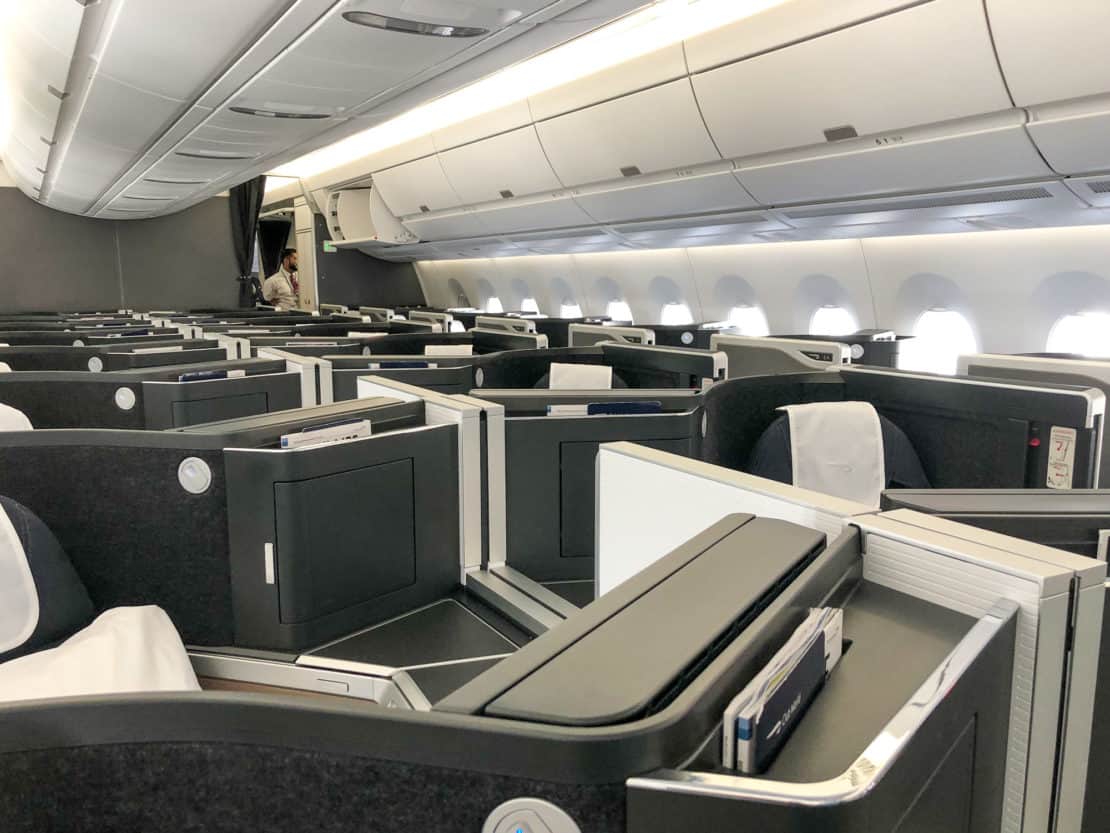
The Best Business Travel Safety Tips for You
Share Your Travel Itinerary
Start simple. Before leaving, ensure someone knows where the trip begins, where it ends, and how to reach you if plans shift.
Share a copy of your travel itinerary with a family member, a colleague, or someone back at the office. Include hotel bookings, flight numbers, meeting schedules, and the names of any team members you’ll be meeting.
Having a contact list prepared ahead of time helps avoid confusion if anything changes mid-trip.
It only takes a few minutes to organise this information. But it’s the kind of detail that can save hours of stress later.
Register with Official Travel Services
If you’re a U.S. citizen, take a few minutes to enrol in the Smart Traveler Enrollment Program (STEP). This free service from the U.S. Department of State ensures that you receive important travel advisories related to your destination country, whether that’s due to political instability, civil unrest, or natural hazards.
Non-American travellers should look into their respective foreign offices. The U.K. equivalent to the U.S. State Department alert system is the Foreign, Commonwealth & Development Office. These services are essential tools for navigating potential risks and dangerous situations abroad.
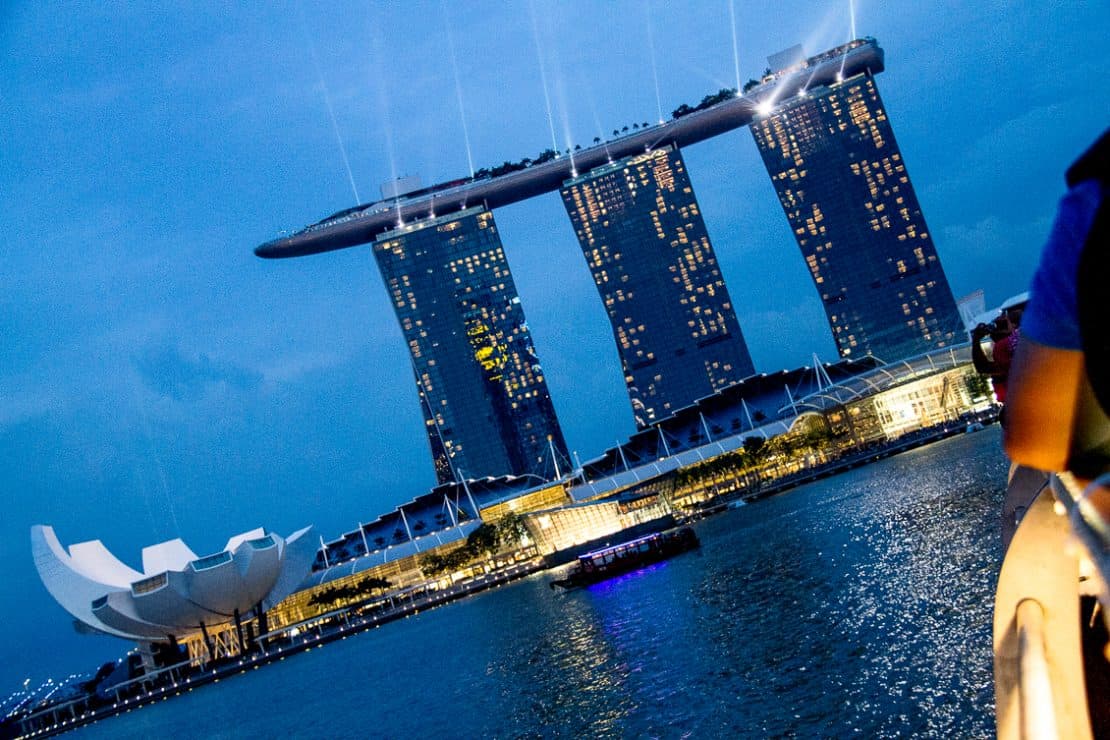
Understand Where You’re Going
A traveller who doesn’t research risks becoming one of those stories other travellers use as cautionary tales. Before departing, check reliable sources for the destination country’s current affairs. Government websites and local news outlets are key to understanding political unrest, strikes, health concerns, and entry restrictions.
But facts go beyond headlines. Read about local laws, dress codes, and cultural differences. In Saudi Arabia, dining etiquette matters more than punctuality. In Singapore, chewing gum on public transport could earn you a fine.
Understanding the local culture prevents awkwardness and builds professional rapport. Don’t assume you can adapt once you’re there. Prepare in advance.
Organise Important Travel Documents
This one’s non-negotiable. Keep digital and physical copies of all important travel documentation: passport, visa, ID, hotel reservations, medical information, and insurance papers. Store one digital copy in encrypted cloud storage (like Dropbox or Google Drive) and one set of physical copies in a separate bag from your originals.
If a wallet goes missing or a phone dies mid-transit, having these important documents backed up could prevent missed flights or hours at a consulate. Don’t forget to keep emergency contact information and booking numbers handy, just in case.
Don’t miss our ultimate pre-travel checklist for more tips and tricks.
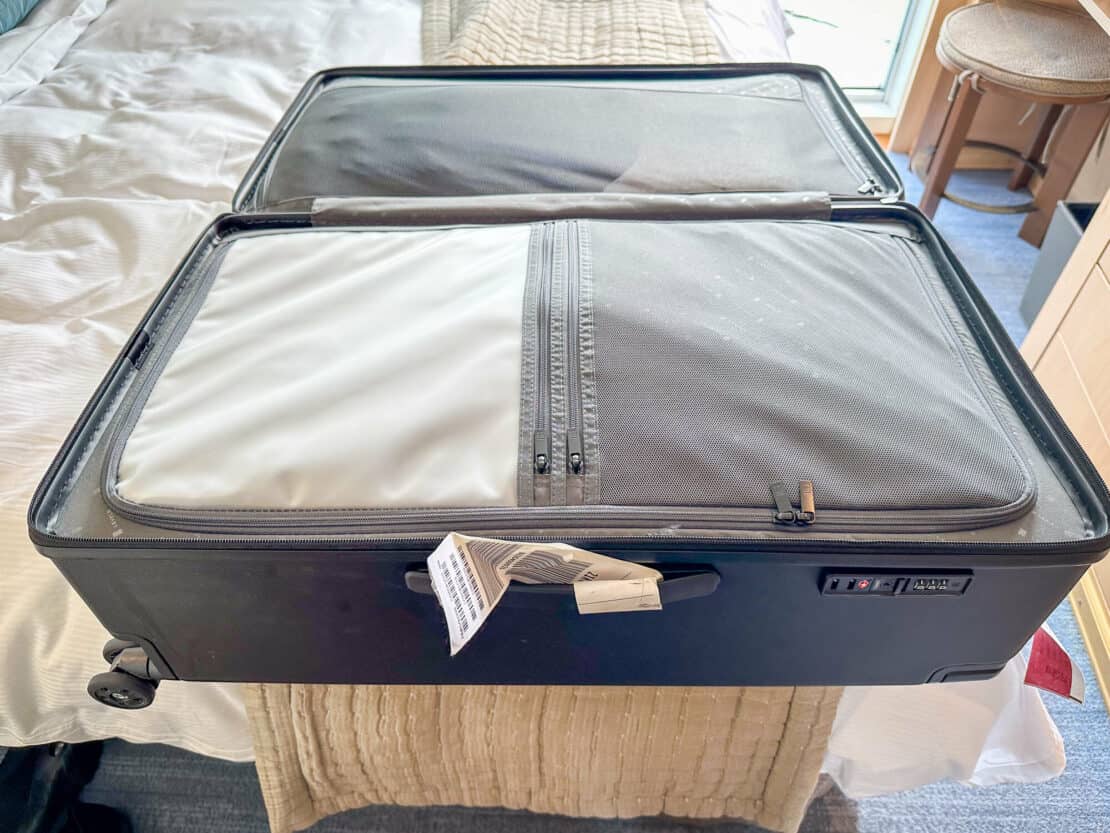
Check Your Health and Emergency Coverage
Business travel safety means preparing for unexpected travel experiences. Make sure your employer’s travel insurance covers the full scope of health issues and medical emergencies, including evacuation, hospital care, and delays due to illness. If it doesn’t, get additional coverage.
Pack prescription medication in original packaging and bring extras, just in case return travel gets delayed. Look up the local health risks, whether it’s heat exposure, poor air quality, or the absence of certain medications, and research the nearest emergency services or medical clinics to your accommodation.
It’s also smart to keep a note with key allergies or conditions in the wallet or travel bag. In the event of an emergency, this can speed up medical response time.
Also, keep in mind that if you experience any kind of injury in a public or crowded place, you can execute your rights with the help of the experts at https://www.legalexpert.co.uk/personal-injury-claims, who will help you gain evidence and take your case to court for compensation.
Choose the Right Hotel and the Right Room
Opt for reputable hotels with strong hotel safety records and clear duty of care standards. Luxury or boutique, always vet them through more than just glossy photos. Dig into user reviews mentioning hotel staff, responsiveness during emergencies, and location-specific safety concerns.
When checking in, avoid saying your room number out loud. Instead, write it down if the receptionist asks. It’s a small habit that limits how much strangers overhear.
Once inside, the choice of room also matters. The ground floor is more accessible to intruders, while the highest floors can be harder to evacuate. The safest bet? A mid-level floor (typically between the 3rd and 6th), ideally near emergency exits and away from stairwells, which can be an easy escape route for others, not always for the right reasons.
Stay Aware Inside and Around the Hotel
It’s tempting to switch off once inside a hotel, especially after long-haul travel or a packed day of meetings. But a hotel lobby or bar can pose its own safety risks. Stay alert in hallways, lifts, and common areas, especially when returning late or walking alone.
Avoid discussing meeting plans or travel details in public areas where they can be overheard. In the lift, press your floor and one above it if something doesn’t feel right. At night, avoid stairwells unless it’s an emergency.
Add a Layer of Physical Security
Even if the door locks automatically, it’s a good idea to bring along a portable door lock or door wedge. These small, inexpensive devices create an added barrier between you and any unwanted entry – particularly helpful in hotels where doors open directly to the outside, or in countries with different safety standards.
They weigh next to nothing, and they’ve been known to prevent late-night surprises or errors where hotel staff mistakenly give out the wrong room key.
For those who prefer a visual check, consider bringing a small foldable mirror to glance at blind spots or behind-room corners in less modern hotels.
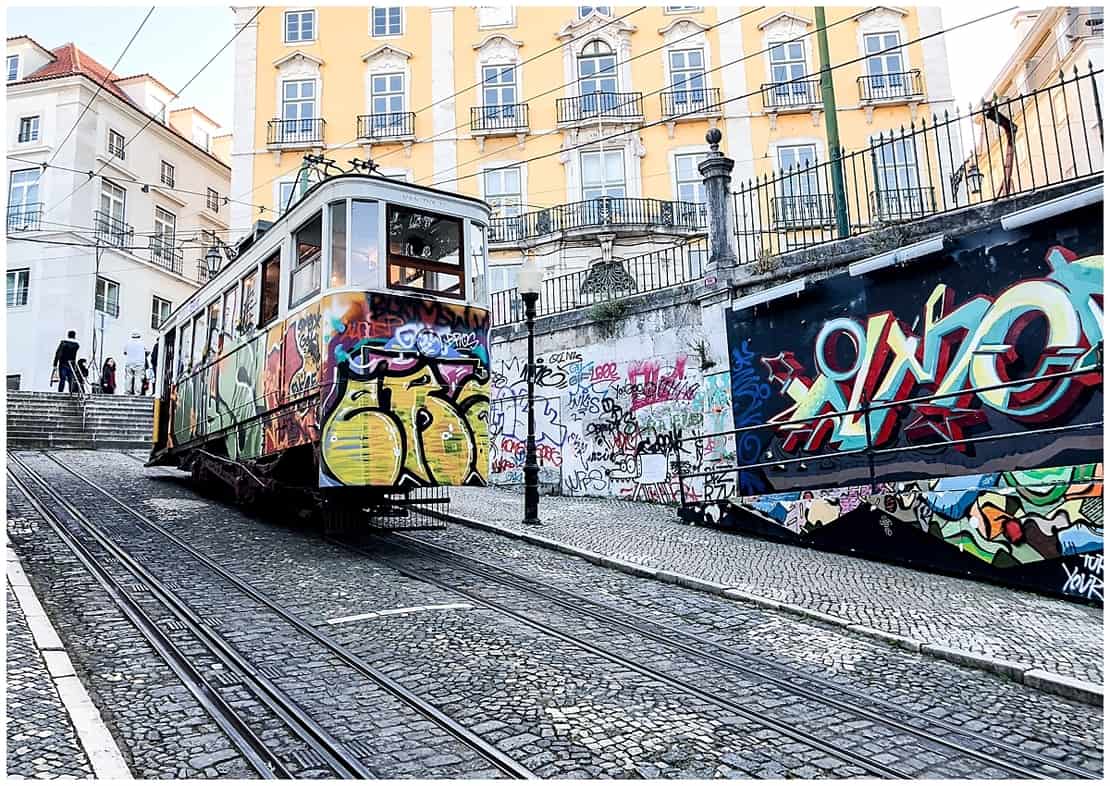
Be Cautious with Public Transportation
Public transportation can be efficient and cost-effective, but it’s not always the safest choice, especially in large cities or unfamiliar areas.
When the sun is up and the streets are busy, metro systems and buses often work just fine. But after dark or in cities with high petty crime rates, it’s best to reconsider.
Late-night commutes through unfamiliar neighbourhoods, stations with poor lighting, or overcrowded trains create a higher risk of encountering travel scams or unsafe areas. When possible, use official taxi services or rideshare apps with tracking and review features.
Stay Smart About Payments and Credit Cards
Carrying large amounts of cash is never a good idea when travelling for business. Instead, bring two credit cards: one for daily use and another as backup. Keep them separate, in different parts of a wallet or a separate bag. If one goes missing, the trip doesn’t come to a halt. These days, of course, you can add them to your phone, as well.
Notify your bank of international travel plans before departure to avoid account freezes triggered by foreign transactions. In restaurants or shops, avoid flashing large bills or handling money in busy areas to avoid you and your colleagues being seen as easy targets.
Watch for Travel Scams
Travel scams aren’t always dramatic. Most begin with a “friendly” stranger offering to help with a bag, hand out a “gift,” or sell a story. The goal is often distraction, getting close enough to pick a pocket or sell something no one asked for.
Common scams include unofficial taxis at airports, requests for signatures on fake petitions, or “accidental” spills designed to grab attention while someone else lifts a bag. Stay polite but firm. A quick “no thank you” and walking away usually do the trick.
The best practice is to stay alert without being on edge. Trust instincts. If something feels off, it probably is.

Avoid Public Wi-Fi Without a VPN
Free public Wi-Fi networks, especially those in airports, coffee shops, and hotels, are a magnet for hackers. While they offer convenience, they’re often unencrypted, making it easy for others to intercept data or access devices. That’s why using a Virtual Private Network (VPN) is standard safety gear.
A VPN creates a secure tunnel between the device and the internet, shielding emails, passwords, and sensitive information from prying eyes. It’s especially important when accessing corporate systems or confidential files while on the move.
Taking your own tech with you? See our handy guide to flying with a laptop.
Wait to Post on Social Media
It may be tempting to share the view from a rooftop bar or snap a story during an overseas meeting, but real-time social media posts can create security risks. Broadcasting your location can expose hotel details, suggest when you’re away from your hotel room, or flag high-value business activity to the wrong people.
A safer option? Wait until the trip is over to post highlights. This simple habit protects both personal safety and the safety of your employees if you’re the manager, especially in destinations flagged with heightened safety concerns.
Flying business class? Our Virgin Business Class review and British Airways Business Class review are here to help you choose the right airline for you.
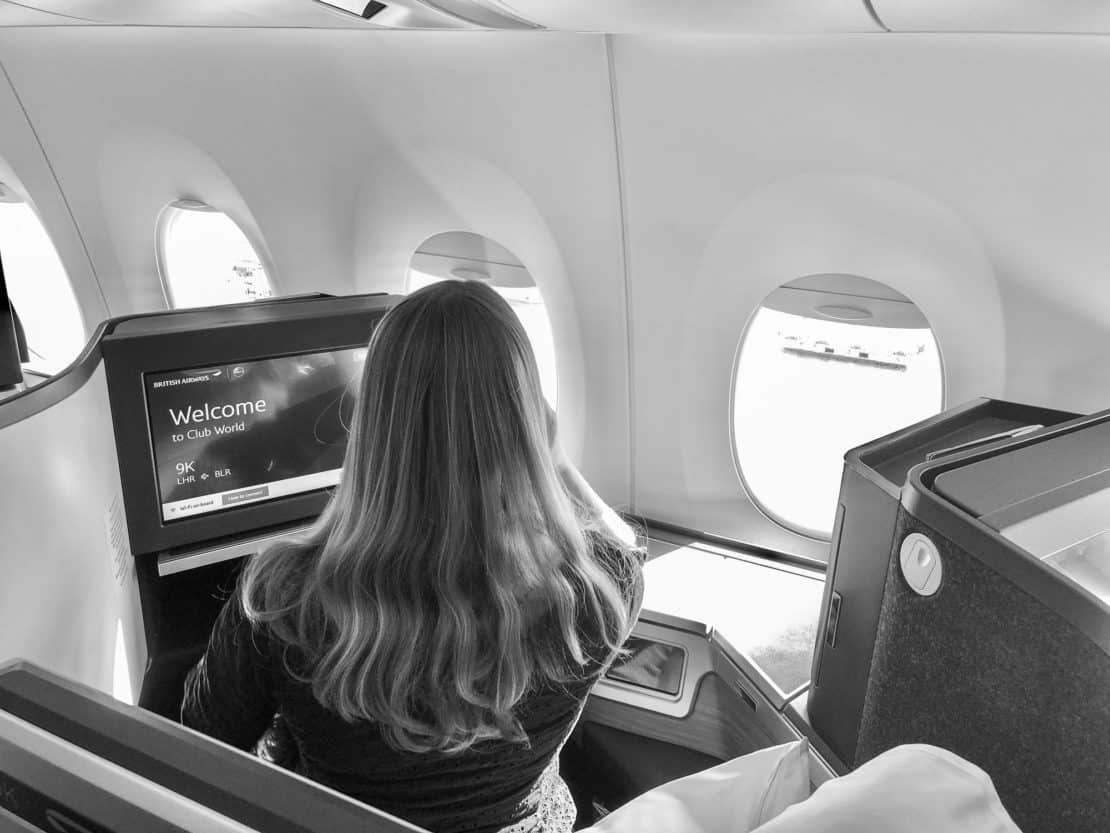
Take the Safe Road if You’re a Female Business Traveller
Every destination comes with its own rules, local customs, and levels of safety, and female business travellers often navigate an additional layer of caution.
Here’s how to stay safe:
- When booking accommodation, consider hotels with 24-hour front desks and strong reviews around security.
- Choose well-lit entrances and avoid rooms at the far ends of corridors.
- In transport, opt for licensed services or rideshare apps with location tracking. Apps like bSafe and TripWhistle Global SOS can also provide emergency support and location sharing with colleagues or family.
Awareness is key, but so is strategy. A well-prepared traveller blends in, stays alert, and avoids unnecessary risks.
Prepare for the Unexpected
The reality of international travel is this: things don’t always go as planned. From natural disasters to sudden political unrest, readiness is everything.
Know where your nearest embassy, police station, and hospital are located. Store that contact information both online and offline. And always maintain situational awareness, especially in crowded spaces where potential risks can escalate quickly.
Conclusion
However, despite all this, business travel doesn’t have to be stressful. With smart habits, a bit of forethought, and an eye for the details that matter, it can even be a collection of great travel experiences.
Whether it’s street food in Seoul, a late arrival in Lagos, or a delayed flight out of Toronto, you’ll move through it all with a sense of readiness that brings real peace of mind.
You just need to make travel risk management a priority.
More Travel Tips
- Long haul flight essentials
- The best flight booking hacks for savvy travellers
- The Virgin Business Class Review
- 31 luxury travel tips for your next trip
- Your ultimate pre-travel checklist
- Can laptops go in checked luggage?
- The top 10 travel skills everyone should know
- How to travel more with a full time job




